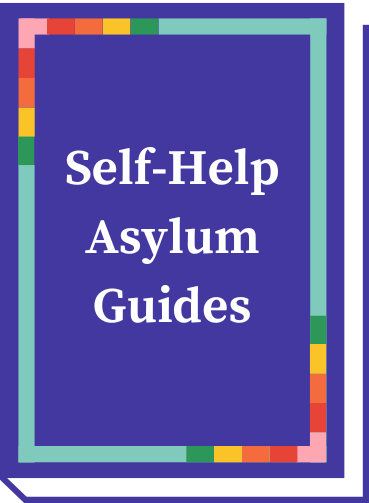29. Detained Asylum Seekers
The information contained herein is for reference only and may not be up to date. It does not constitute legal advice. You should always consult an attorney regarding your matter.
The procedure for representing detained asylum-seekers is essentially the same as it is for representing non-detained asylum-seekers.
Proceedings move at a greatly accelerated pace when asylum-seekers are detained, so if an attorney takes on the case of a detained individual, they should be prepared to put in a considerable amount of work right away.
One of the greatest challenges of representing a detained asylum seeker is communicating with the client. Some detention facilities have systems in place whereby the attorney can leave a message for the client to call back, and others do not. Some detention facilities allow detainees to use phone cards to call out, whereas other only allow detainees to make collect calls, which become very expensive very quickly for the recipient.
Most detention facilities have generous visiting hours for attorneys. Attorneys must be prepared, however, to prove that they are lawyers by bringing a court issued attorney ID card, or law firm letterhead listing them. Law graduates may have difficulty visiting detained clients unless they are accompanied by an admitted attorney.
Detention facilities provide relatively private rooms for attorney-client consultations. Some facilities allow attorneys to bring laptop computers to these meetings, and others do not. It is more difficult to visit with detained clients to work on their declarations, but just as important as in any other case. Attorneys may also have to do more legwork in communicating with friends or family in the applicant’s home country to obtain corroborating evidence, since it may be impossible for the detainee to make international calls from the facility.
This Manual is intended to provide information to attorneys and accredited representatives. It is not intended as legal advice. Asylum seekers should speak with qualified attorneys before applying.
The information contained herein is for reference only and may not be up to date. It does not constitute legal advice. You should always consult an attorney regarding your matter.
This handbook is intended for use by pro bono attorneys and immigration attorneys working on LGBTQ/HIV asylum cases.
Detention Hotline
If you are in detention, call:
(917) 654-9696 | M-W 9:30 - 5:30pm & Th 1:00 - 5:30pmCalls from people outside of detention will not be accepted.
